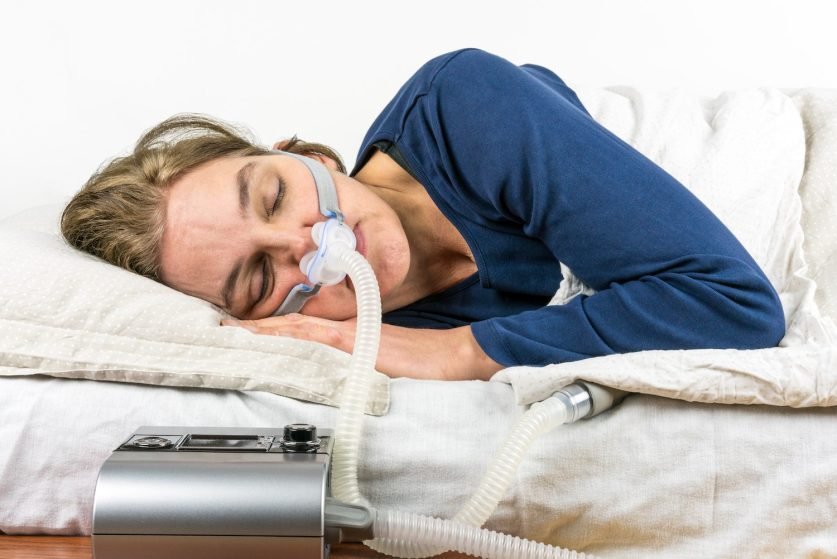You have obstructive sleep apnea when you feel your upper airway partially or entirely blocked while sleeping. You must exert more effort with your diaphragm and chest muscles to widen your airway and draw air into your lungs. You might even short-stop breathing during such conditions. A loud gasp, snort, or body jerk typically signals the beginning of your next breath. You might have trouble sleeping, but you won’t likely be aware of it. Get suggestions from family care dental to deal with this condition.
Additionally, the illness may result in irregular cardiac rhythms and decreased oxygenation of your organs. Such a condition requires treatments from a sleep apnea dentist.
What are the symptoms of Obstructive Sleep Apnea?
The following are common obstructive sleep apnea warning signs:
- Feeling sweaty at night
- daytime fatigue or sleepiness
- sore throat or dry mouth
- early morning headaches
- Inability to concentrate, forgetfulness, sadness, or irritability
- Having trouble falling asleep
- sexual issues, such as a decreased sex drive
- Snoring
- Having a quick awakening and feeling as though you are choking or gasping
- difficulty in awakening
- frequently disturbance during the night.
- elevated blood pressure
- The disease of gastroesophageal reflux (GERD)
Suppose these signals give an alert to your sleep apnea. In such conditions, visit a specialist to get sleep apnea treatment.
What is the diagnosis process?
- The doctors will determine the severity of your disease based on your indications and symptoms, an examination, and tests. If they find you suffering from sleep apnea, they could suggest that you receive additional testing from a sleep specialist.
- They will check the back of your throat, mouth, and nose for excess tissue or abnormalities during the physical examination.
- Your doctor will check the back of your throat, mouth, and nose for excess tissue or abnormalities during the physical examination. So, they may take your blood pressure and measure the size of your waist and neck.
What are the standard tests to detect sleep apnea in patients?
A sleep specialist can perform additional tests to identify your disorder, gauge its severity, and devise a treatment strategy. The examination may need you to spend the night at a sleep center to monitor your breathing and other bodily functions while you sleep.
Tests:
The following tests can identify obstructive sleep apnea:
Polysomnography. During this sleep study, professionals hooked you up to equipment that monitors your heart, lung, and brain activity, breathing patterns, arm and leg movements, and blood oxygen levels while you sleep.
Professionals might monitor you all night or part of the night in an obstructive sleep apnea study.
Sometimes, they monitor your condition during the first half of the night to detect the symptoms of obstructive sleep apnea. If you have sleep apnea, they may give you continuous positive airway pressure for the night’s second half.
This sleep study can also aid in the search for other sleep disorders, such as periodic limb movements during sleep or sporadic bouts of daytime sleepiness, which can also result in excessive daytime sleepiness but call for distinct therapies (narcolepsy).
Sleep apnea testing at home. Your doctor may occasionally recommend an at-home polysomnography test to detect obstructive sleep apnea.
Airflow, breathing patterns, blood oxygen levels, and potentially limb movements and snoring intensity are all typically measured during this examination.
What are possible obstructive sleep apnea treatments?
Treatment for Obstructive Sleep Apnea:
Lose weight, if necessary. Even a 10% weight loss might have a significant impact.
Avoid both alcohol and sleeping medications. These increase the likelihood that your airway will close as you sleep and prevent you from breathing normally for extended periods.
Sleep with your side up. It may be helpful if you only experience mild sleep apnea when you turn over on your back.
Nasal mists. These may be helpful if nasal congestion or sinus issues make breathing difficult while sleeping.
These are some of the sleep apnea treatment options you might be looking for.
If you think you have breathing issues causing your sleep trouble, book an appointment with your doctor and get the best treatment recommendations.










